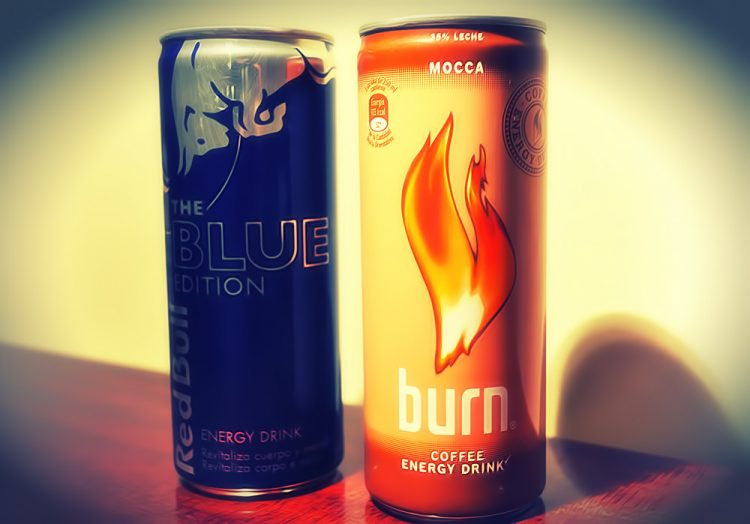Natural organic acid taurine may provide a calming effect.
![By Jynto [CC0 1.0], via Wikimedia Commons](https://supplementsinreview.com/wp-content/uploads/2016/03/Taurine-300x174.png)
- Reducing anxiety. Taurine reduces the activity of brain cells, promoting calmness and relaxation.
Overview
Taurine is an organic acid compound found in many different parts of the body including the brain. It is considered to be one of the most abundant amino acids in the human body, even though technically it is not an amino acid.
Taurine performs wide variety of functions, including stabilizing cell membranes,and acting as an antioxidant. It is also involved in neurological development and brain health; for example, research has shown that low taurine levels are associated with cognitive disorders ranging from autism to Alzheimer’s.
Although taurine is better known as a pre-workout ingredient, early animal research indicates that it may benefit the brain by reducing anxiety.

How Taurine Might Help the Brain
Reducing neuron activity
Similar to GABA and glycine, taurine functions as an inhibitory neurotransmitter that reduces neuron activity, promoting calmness and relaxation.1 Taurine can bind to both GABA and glycine receptors and exerts anxiolytic effects on the brain by acting as a neuromodulator of these two systems.2
Taurine’s Potential Nootropic Benefits
Taurine is advertised as a way to support nervous system health and promote calmness. Although it has yet to be tested in humans, animal research provides some evidence for taurine’s anxiety-reducing effect.4
Taurine might also be capable of improving memory, mood, and other aspects of cognition when combined with caffeine and other ingredients in drinks such as Redbull. However, it’s impossible to isolate taurine’s effects in such cases.5
Reseachers have also proposed taurine as a possible therapeutic agent for degenerative disorders such as Alzheimer’s, Parkinson and Huntington’s, but clinical trials are needed to confirm this.6
Research
Animal Research
Taurine research is currently limited to a handful of animal studies.
Taurine may reduce brain inflammation and promote brain cell growth
This study examined how taurine’s anti-inflammatory properties could affect the growth of new brain cells in the adult brain’s hippocampus. The study found that taurine increased the proliferation of stem cells and neuron cell progenitors, and increased the survival of newborn neurons, resulting in an increase of adult neurogenesis.
- The researchers concluded that“taurine increases several steps of adult neurogenesis and support a beneficial role of taurine on hippocampal neurogenesis in the context of brain aging”7
Taurine may relieve anxiety in mice
This animal study examined taurine’s efficacy as an anxiety-reducing drug. Taurine was administered to mice at varying doses 30 minutes before performing tests used to assess anxiety. Taurine improved positive behaviors during the tests, suggesting an anxiolytic effect.
- The researchers concluded that “taurine produces an anxiolytic-like effect in these animal models and may act as a modulator or anti-anxiety agent in the central nervous system”8
Nootropic Dosage
- Retail supplements are typically available in 500 – 1000 mg doses
- Up to 3 grams of taurine per day can be taken with no side effects
Supplements in Review Says
- Taurine 1000 mg as needed.
Taurine may be useful for warding off anxiety. Although research is scarce, animal studies do provide a biological explanation for how taurine can reduce anxiety.
Given the lack of research, it’s best to follow supplement dosages. Most taurine supplements provide doses of 1000 mg.
Leave a Reply